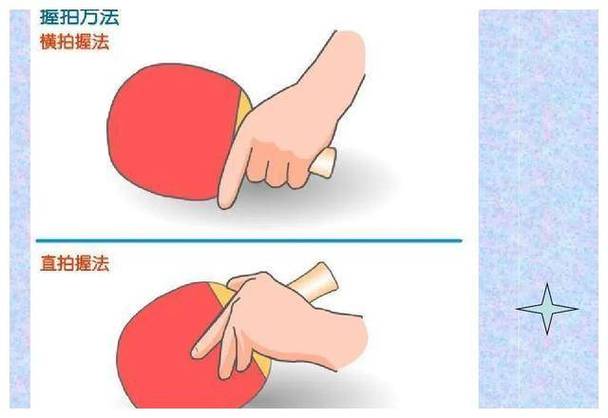 摘要:
摘要:
**Title:DiagnosticTechniquesinTableTennis****IntroductiontoDiagnosticTechniquesinTableTenn...
**Title: Diagnostic Techniques in Table Tennis**
**Introduction to Diagnostic Techniques in Table Tennis**
Diagnostic techniques in table tennis are crucial for players and coaches to identify areas for improvement, refine skills, and enhance performance. These techniques encompass various aspects, including technical analysis, tactical assessment, physical conditioning evaluation, and psychological profiling. Let's delve into each of these components to understand their significance in the context of table tennis.
**Technical Analysis**
Technical analysis involves scrutinizing the player's strokes, footwork, grip, stance, and overall technique. Coaches use video analysis extensively to dissect each aspect of the player's game. High-speed cameras capture nuances that might go unnoticed during live play, allowing for detailed frame-by-frame analysis.
**Key Areas of Technical Analysis:**
1. **Stroke Mechanics:** Evaluating the efficiency and consistency of strokes such as forehand loop, backhand drive, topspin serve, etc.
2. **Footwork:** Analyzing movement patterns, agility, and positioning during rallies to optimize court coverage.
3. **Grip and Stance:** Ensuring correct grip and stance alignment to maximize power and control.
**Tactical Assessment**
Tactical assessment revolves around understanding the player's decision-making process during matches. It involves analyzing shot selection, point construction, anticipation, and adaptation to opponents' strategies. Coaches often simulate match scenarios during practice sessions to observe players' tactical acumen.
**Key Aspects of Tactical Assessment:**
1. **Shot Selection:** Assessing whether players choose the right shot based on ball trajectory, speed, and placement.
2. **Point Construction:** Analyzing the ability to construct points strategically by exploiting opponents' weaknesses and maintaining consistency.
3. **Adaptability:** Observing how players adjust their tactics in response to changes in the match dynamics or opponents' strategies.
**Physical Conditioning Evaluation**
Physical conditioning evaluation focuses on assessing players' fitness levels, agility, speed, strength, and endurance. Table tennis requires quick reflexes, explosive movements, and sustained energy throughout matches. Strength and conditioning coaches tailor training programs to enhance players' physical attributes and minimize the risk of injuries.
**Key Components of Physical Conditioning Evaluation:**
1. **Speed and Agility:** Testing players' reaction time, lateral movement, and quickness in changing directions.
2. **Strength Training:** Assessing players' muscle strength, particularly in the core, legs, and upper body, to generate power in shots and maintain stability during rallies.
3. **Endurance:** Evaluating players' cardiovascular fitness and stamina to sustain high-intensity rallies over prolonged periods.
**Psychological Profiling**
Psychological profiling delves into the mental aspects of the game, including focus, confidence, resilience, and stress management. Sports psychologists work closely with players to develop mental strategies that optimize performance and foster a winning mindset.
**Key Elements of Psychological Profiling:**
1. **Concentration and Focus:** Assessing the ability to maintain concentration during matches, block out distractions, and stay fully engaged in the game.
2. **Confidence Building:** Identifying and addressing factors that undermine players' confidence, such as self-doubt, fear of failure, or past performance setbacks.
3. **Resilience and Stress Management:** Equipping players with coping strategies to handle pressure situations, bounce back from setbacks, and stay composed under stress.
**Conclusion**
Diagnostic techniques in table tennis encompass a comprehensive assessment of technical, tactical, physical, and psychological aspects of the game. By employing these techniques, players and coaches can identify strengths, pinpoint areas for improvement, and develop targeted training programs to enhance overall performance. Continuous evaluation and refinement of skills are essential for achieving success and staying competitive in the dynamic world of table tennis.


